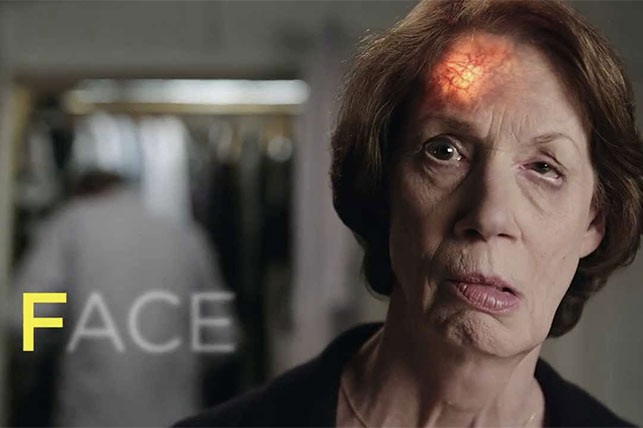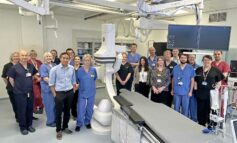The annual ‘Act FAST’ campaign has been launched, highlighting the common symptoms of stroke and mini strokes and urging people to call 999 if they notice the symptoms in others.

Since the Act FAST campaign launched in 2009, an additional 38,600 people have got to hospital within the vital three-hour window meaning that stroke sufferers receive the immediate medical treatment required.
This not only results in a greater chance of better recovery, but since the campaign launch over 4,000 fewer people have become disabled as a result of a stroke.
A mini stroke has similar symptoms to a full stroke, except that these symptoms last for a much shorter amount of time.
Without immediate treatment, around one in five of those who experience a mini stroke will go on to have a full stroke within a few days.
Early intervention following a mini stroke can greatly reduce the risk of having another stroke. However, while 53% of people surveyed in the South West cite stroke as one of the top three conditions they are most concerned about (compared with 59% at a national level).
New research reveals today that only 29% in the South West would call 999 if they experienced the symptoms of a mini stroke (compared with 45% at a national level).
The campaign urges people to Act FAST if they notice any of the following symptoms, even if they disappear within a short space of time:
- Face – has their face fallen on one side? Can they smile?
- Arms – can they raise both their arms and keep them there?
- Speech – is their speech slurred? If they notice any of these symptoms it is…
- Time – time to call 999 if you see any single one of these signs.
This year’s campaign will also target African and Caribbean and South Asian communities, as findings reveal they are two times likely to be at a risk of stroke.
Professor Julia Verne, Director of the Knowledge and Intelligence Team for Public Health England in the South West said: “The impressive results from previous Act FAST campaigns show just how important it is that we continue to raise awareness of the symptoms of stroke.
“Highlighting the importance of treating mini strokes with the same urgency as strokes can also make a huge difference – around 10,000 strokes could be prevented annually if mini strokes were treated in time.
“That’s why the Act FAST campaign encourages people experiencing stroke-like symptoms to call 999.”
Nikki Hill, Deputy Director of External Affairs at the Stroke Association said: “We know that sadly, far too many people dismiss their early warning signs of stroke and delay calling 999. Stroke is a medical emergency and getting the right treatment fast can save lives.
“Through this latest campaign we hope as many people as possible know how to act FAST and help reduce the devastating impact a stroke can have.”



